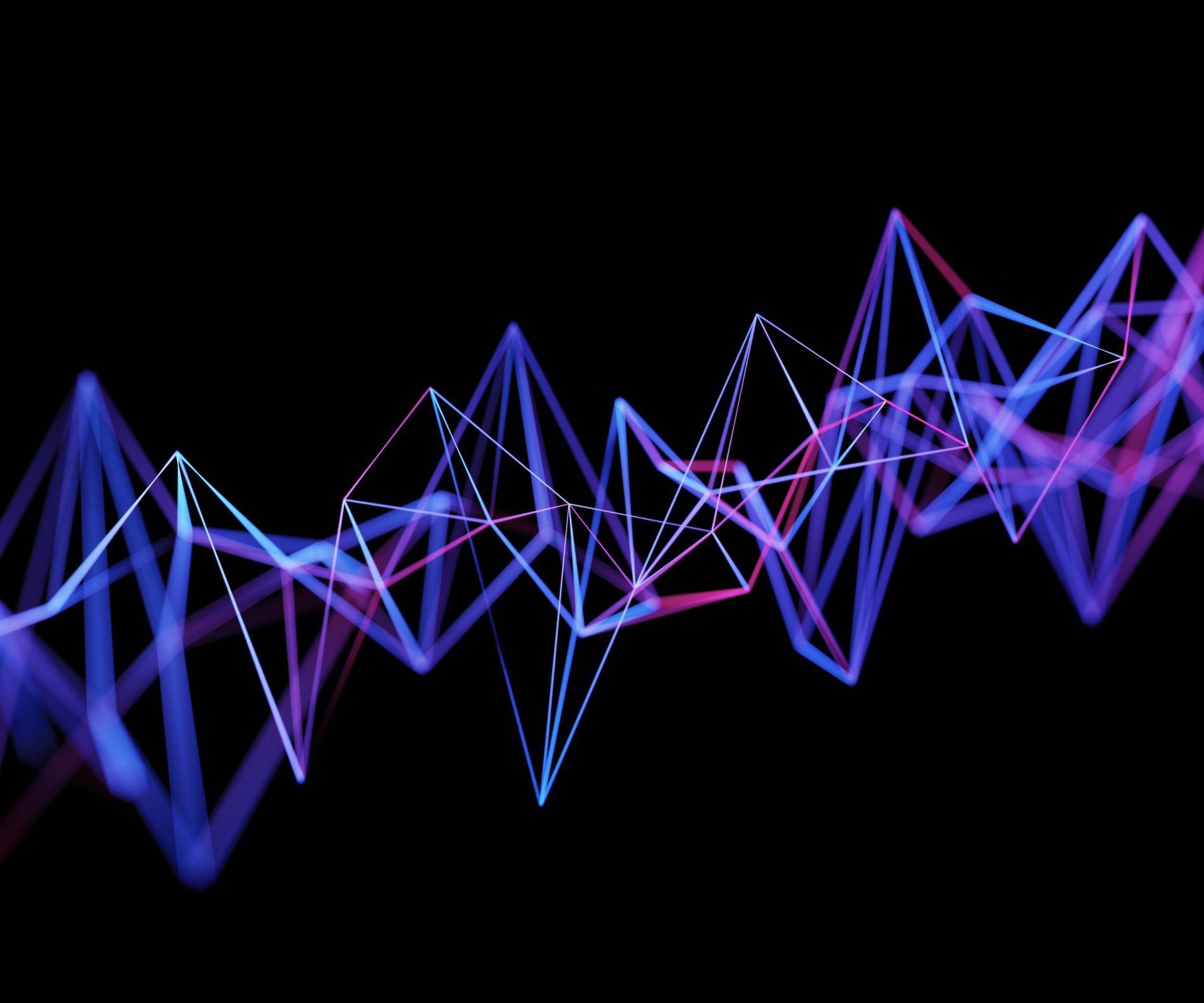We asked Brad Myers, Deputy Head of Profession (Programmes and Projects) and business lead for the environmental workstream of our Responsible Business Framework, to explain what Net Zero Week means to the DCC and how our commitment to connecting Britain intersects with this important initiative.
Net Zero Week and the DCC
Our network forms the digital spine of Britain’s energy system, and with over 27 million meters on the wall, this means that over half of British households are helping to create a more flexible energy system that can make better use of renewables.
At the DCC we’re striving to practise what we preach. While we’re helping millions of small businesses and homes lower their emissions, we’re also trying to get ours in check. As part of this, all of our electricity is provided by renewable sources and our offices contain energy-saving lighting and hot water systems. We have recently partnered with a salary sacrifice car scheme to encourage the take-up of electric vehicles, and the number of electric vehicle charge points at our offices has increased. We are working with our supply chain on a sustainable approach to reducing their emissions.
As part of our commitment to sustainability, we undergo an independent carbon neutrality assessment every year. This transparent and accountable approach ensures that we remain on course to reduce our carbon footprint. We’re proud to say we’re on track to be certified as carbon neutral by the Carbon Trust for the fourth year running.
The role of smarter energy systems
Smarter energy systems play a pivotal role in sustainability initiatives. By leveraging cutting edge technologies like smart meters, real-time energy monitoring, and smart home automation, we empower households to take control of their energy consumption and make greener choices. These advanced systems enable individuals to optimise their energy usage, reduce waste, and embrace renewable energy sources. Through smarter energy systems, we equip individuals with the tools and insights to actively participate in the transition to a more sustainable energy future. We estimate that our network is already saving just under 800,000 tonnes of CO2 emissions per year, that’s equivalent to planting a forest the size of Grimsby!
The smart meter network is already enabling more. Last winter, one of the most challenging in recent history for energy users, the data from smart meters was used by the Electricity System Operator (ESO) to deliver the Demand Flexibility Scheme. Collectively this saved consumers millions of pounds as they shifted their energy use to the cheapest times. The DCC also worked with AI and data innovator, Urban Tide, on a trial that uses smart meter data and other information sources to identify communities that are at risk of fuel poverty. The results are really interesting, and could help to ensure that help is micro-targeted to the households that need it most.
The path to a smarter, greener future
Our path to a smarter, greener future involves ensuring we get the most value possible from the smart meter network. Decarbonisation doesn’t just mean reaching our net zero targets, it supports cheaper household bills and makes Britain's energy independent in an uncertain world.
The DCC continues to focus on supporting the roll-out of smart meters by energy suppliers. As we scale, households and small businesses generate more granular data, improving our understanding of how energy is being used and enabling the system make best use of renewables.
There are future possibilities. The DCC’s communications network operates to security standards approved by the National Cyber Security Centre. This means there is potential to do more in areas where the protection of data is key – examples including making energy-hungry devices in the home, such as white goods, hyper-efficient, or providing a centralised, standardised platform for EV charging in the home.
Net Zero Week holds profound significance for DCC as it embodies our mission of connecting Britain for smarter, greener lives. By championing smarter energy systems, we are contributing to a net zero carbon economy and paving the way for a brighter, more sustainable future. Let us harness the power of connectivity, innovation, and environmental stewardship to create a greener nation for generations to come.

Brad Myers
Deputy Head of Profession (Programmes and Projects)
Further reading





